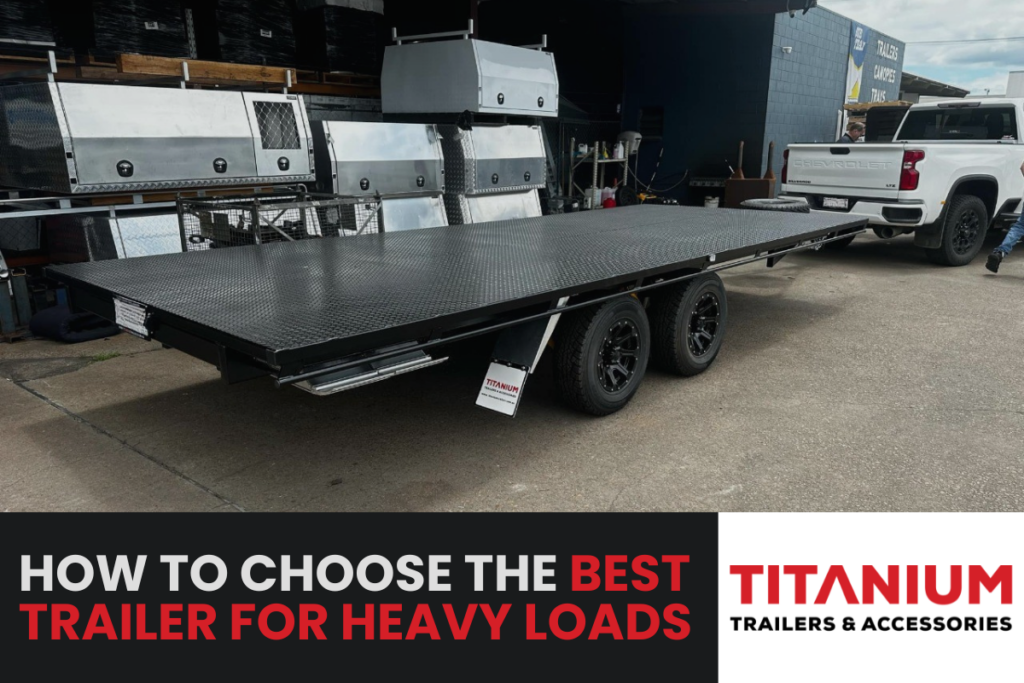
Best Toolboxes for UTEs and Trailers
Australian tradies often struggle to store their tools safely and efficiently. With more UTEs and trailers on the roads, strong and reliable toolboxes are in high demand.
You need a toolbox that can handle the tough work and keep your tools tidy. The undertray and front toolboxes from Titanium Trailers are made for this. They offer a secure and easy-to-reach storage solution.










